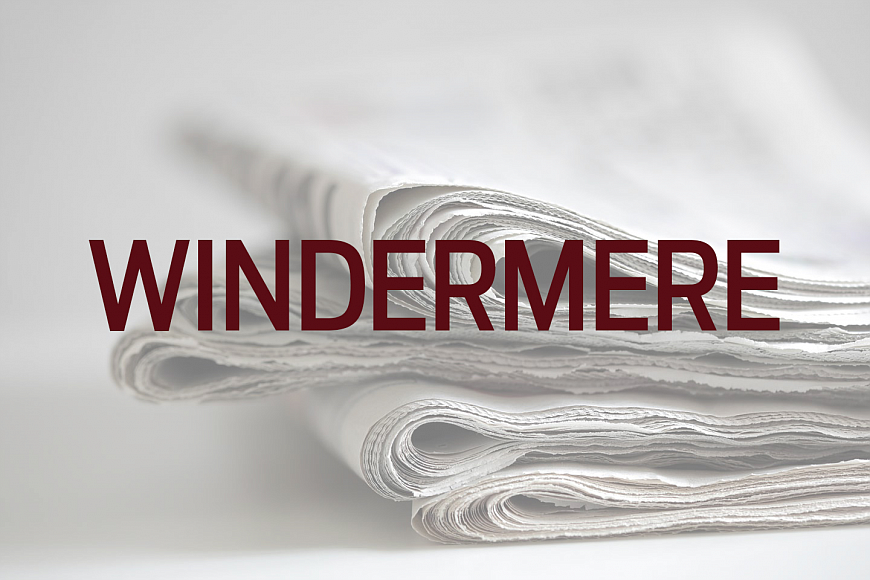- April 4, 2025
-
-
Loading

Loading

WINDERMERE – Talk of hurricanes, budget reserves, borrowing limits and the town’s scheduled capital projects dominated discussion during the Oct. 10 Windermere Council meeting.
The reason? Pitted and rutted roadways within The Willows at Lake Rhea neighborhood that residents agree presents a safety hazard. The need to repave the problematic thoroughfares – Willow Brick Road, Laurel Lane and Willow Gardens Drive – have become a source of tension between Town Council members and the community, which has created a petition that gathered more than 200 signatures in just three days, according to Willows resident Laurel Kellet.
Although originally scheduled to be repaved in fiscal year 2018, the paving project has since been pushed back to 2020 due to a combination of reasons. Those reasons include limited town funds coupled with capital project prioritization, higher-than-anticipated costs of the Park Avenue expansion (about $200,000), charter-imposed borrowing limits, reserve amount requirements, costs incurred by Hurricane Irma debris and the uncertainty about when the town will be reimbursed by the Federal Emergency Management Agency for clean-up costs.
As a way to fund the Willows' roadway repairs before 2020, HOA board member Byron Traynor suggested the town delay the sidewalk project on Sixth Avenue from Main Street to Lake Avenue, which is estimated to cost $111,300, and postpone a $40,000 sidewalk the town plans to construct along with the Willows roadway repairs that would reduce the total cost of the paving project.
Traynor also asked the council if it would be possible to not reimburse $200,000 to the town's financial reserves for past project expenditures, which could then be redirected to funding the Willows road repairs. The requested delays and financial allocation adjustments would have freed up $350,000 in funding for the Willows paving project, which is estimated to cost the town about $450,000 – including construction of the sidewalk.
“The Willows was annexed in 2011, and since that time, we’ve paid over a $1 million in taxes to the (town),” Traynor said during the public forum. “We really appreciate all the police protection we receive, but there have been no capital improvements to our community. … And this money that we’ve paid since 2011, I’m not sure why none of it has been put into reserves for our roads. Why do we have to be begging you for the reserves? We’re very concerned about this, and yet we have to wait until February for further evaluation of the reserves and for FEMA, and we don’t think any capital project should be done, because it’s not fair to prioritize some projects over the others — especially since we’ve been asked to wait this long.”
But council members did not feel comfortable with the idea of using money designated for the town’s reserves for the estimated repairs due to the looming threat of future hurricanes and because the town’s reserves also are meant to fund unforeseen emergency projects. The council also was not amenable to delaying the town’s other planned capital projects in favor of the Willows’ needed roadway repairs.
“You can see people dodging the 20,000 cars driving down Sixth Avenue every day,” said Council Member Bob McKinley. “That’s more important than the Willows right now.”
However, Traynor countered that bicyclists and cars are also inconvenienced by the holes in the neighborhood road, adding that they frequently have to move to the center of the street to avoid the holes and that there’s severe flooding on the side of the roads when storms come.
Although council members did not disagree that the road should be repaired, they questioned its priority level and emphasized that they could evaluate the town’s capital projects list again in February, which is when the town expects to have a financial audit done.
In the meantime, Town Manager Robert Smith said the town is willing to negotiate a compromise and look at alternative options. One of the options being considered is a partial pavement, which would include pavement of only those sections of road that present a significant safety hazard. The town would then come back and repave the rest of the road in the future.